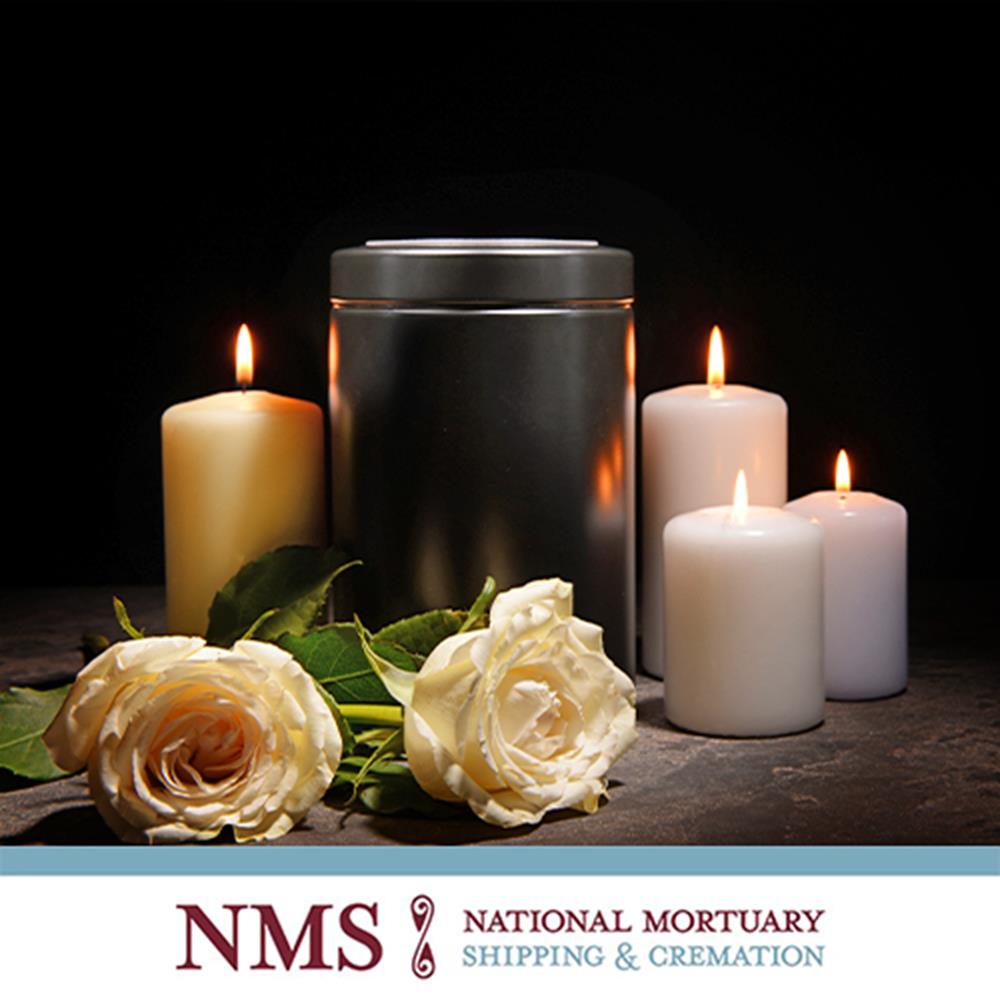
Answering Common Cremation Questions
Clarifying Some of the Most Popular Misconceptions About Cremation
Even as cremation continues to rise as a preferred alternative to a traditional burial, we find that many individuals and their families have limited knowledge of the subject. The cremation process can be seen as a bit mysterious and even scary. As an individual plans for their own end-of-life wishes or seeks to fulfill the wishes of a deceased loved one, he or she may be seeking detailed answers to questions about cremation, beyond standard inquiries about cost and burial options.
We have consulted Kahlen Knapik, our Vice President, and an experienced crematory operator, to help answer some of the most commonly asked questions surrounding cremation. This summer, Kahlen is participating in the Cremation Association of North America’s 103rd Cremation Innovation Convention, a select gathering of the top crematory operators in the country. His more than 20 years in the funeral industry, along with our team’s knowledge and experience, can be a resource to you as you speak with families at your funeral home about cremation.
How long after death can you wait to cremate a decedent?
Contrary to popular belief, there is no ticking clock dictating how quickly the deceased must be cremated. While it is best to do it as soon as local laws and your funeral home’s schedule allows, there is no exact timeline for how soon it must occur after death. Keep in mind that some states do have rules regarding the minimum amount of time that must pass after death before the deceased can be cremated. This is usually a period of 24 hours but at times can be 48 hours.
What happens to a casket if a person is cremated?
This answer can vary greatly depending on a family’s unique circumstances and preferences. For the most part, if choosing a direct cremation, the family can select an affordable, basic cremation container that can be made of a combustible material like cardboard or wood but cannot include metal. If families are planning to hold a viewing for the deceased before cremation, they often choose a cremation or wood casket. Following the viewing and funeral services, the decedent is then cremated in the casket unless the family requests otherwise.
Can you have a funeral and then be cremated?
Yes. It is a common misconception that funeral services cannot be held if the deceased is going to be cremated. Cremation does not take the place of a funeral service; it is an alternative to a traditional burial. The family can choose to have their loved one embalmed and hold a public viewing and funeral service prior to cremation. At the end of the service, instead of being taken to a cemetery for burial, the decedent is taken to a crematory.
Is cremation safe for the environment?
While emissions from crematories can vary based on a number of factors—such as the age of the facility, how well it is maintained, the number of cremations performed each day, and other considerations—there are steps that every crematory can take to reduce emissions and their carbon footprint. Today’s technology and the use of afterburners and other pollution-control and filtration equipment help eliminate most of the emissions. The bottom line is that when cremation equipment is properly functioning, well maintained, and used correctly, no harmful emissions should be created.
The next time you are facing an unfamiliar or complex situation involving cremation, please do not hesitate to reach out to our team. We are here to serve as an extension of your funeral home and provide support with everything from embalming and out-of-town cremation to coordinating flight arrangements and graveside services. Let us know how we can help.
Contact NMS